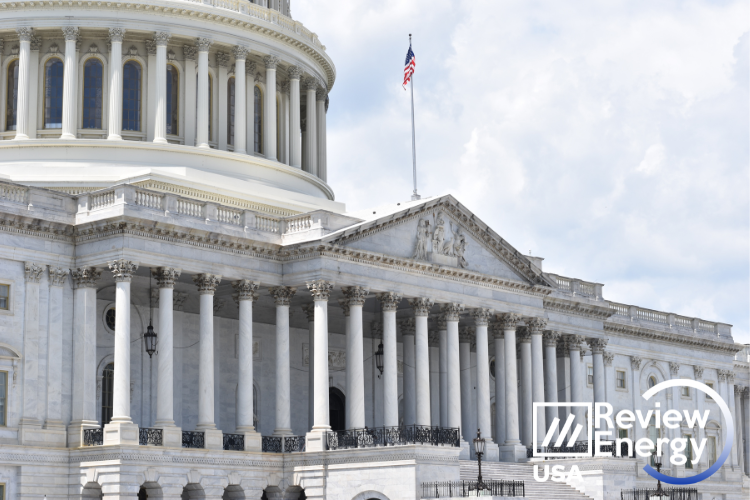
Hundreds of US renewable energy firms urge pre-2024 election reform
Close to 200 companies specializing in solar energy and storage have jointly addressed congressional leaders urging legislation to enhance permitting procedures, project location, transmission infrastructure and access to public lands for both standalone solar and solar plus storage projects.
Market projections indicate that various policy and economic scenarios will influence solar deployment levels in the coming decade. These include regulatory conditions and the rate of expansion in transmission capacity. Entities throughout the solar and storage sectors are urging legislators to propose reforms in permitting and site selection to support the industry's ongoing expansion.
Abigail Ross Hopper, CEO of the Solar Energy Industries Association (SEIA), emphasized the critical role of efficient project siting, permitting, and transmission for attracting hundreds of billions in clean energy investment. She urged bipartisan policy action to bolster the nation's energy sector, create jobs and attract private investments.
Proposed reforms
Modernize Federal Energy Permitting: Simplify and standardize the federal permitting process while upholding environmental protections.
Establish Project Siting Partnerships across Government Levels: Foster collaboration among federal, state, and local entities to identify suitable locations for clean energy projects, including unused and disturbed lands.
Expand Transmission Capacity: Invest in transmission planning, expansion, and grid modernization to optimize solar energy transmission, particularly in remote areas with abundant solar resources.
Facilitate Public Lands Access: Streamline access to public land leases for clean energy projects while maintaining environmental standards.
Enhance Interagency Collaboration: Empower federal agencies such as the Federal Energy Regulatory Commission, Bureau of Land Management, and Department of Energy to coordinate permit applications, ensuring a smooth approval process for vital transmission infrastructure.
As per Wood Mackenzie forecasts, the solar sector may achieve 673 GW by 2034, with a significant 200 GW variance between high and low deployment scenarios. Without congressional action on permitting and siting reform, communities risk losing billions of dollars in investment and tens of thousands of jobs.
Amanda Smith, VP for External Affairs at AES' U.S. renewables division, stresses the urgency of federal permitting reform and robust transmission system investment for national energy security. With over 50 GW of clean energy projects in their U.S. pipeline, swift permitting and transmission upgrades are vital for advancing a clean, reliable energy future and fostering economic growth and job creation.
Virinder Singh, VP of Regulatory and Legislative Affairs at EDF Renewables, highlights the need for federal leadership to align laws with the scale required for economic growth, especially in the Western U.S. where increased solar development on federal lands is essential for reliability while addressing environmental and community concerns.
David Mindham, Director of Regulatory Affairs at EDP Renewables North America, emphasizes that limited transmission capacity is hindering renewable industry growth. He believes proposed reforms will unlock thousands of American manufacturing jobs and bolster local economies.
Maggie Sasser, VP of Government and External Affairs at Pine Gate Renewables, urges Congress to streamline energy infrastructure permitting. Pine Gate Renewables stands ready to invest billions for positive economic growth and community support nationwide.


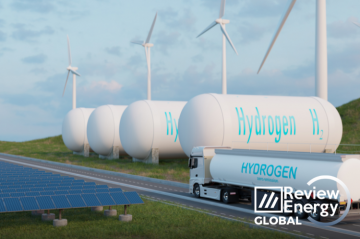
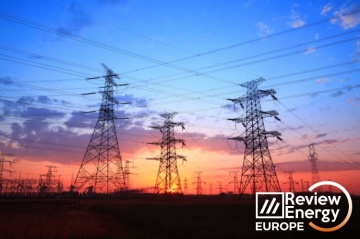
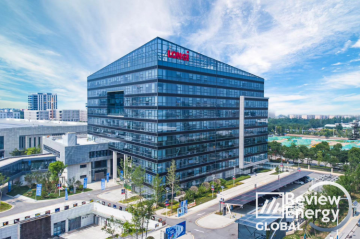
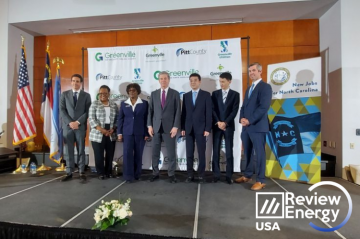


Comentarios
Sé el primero en comentar...